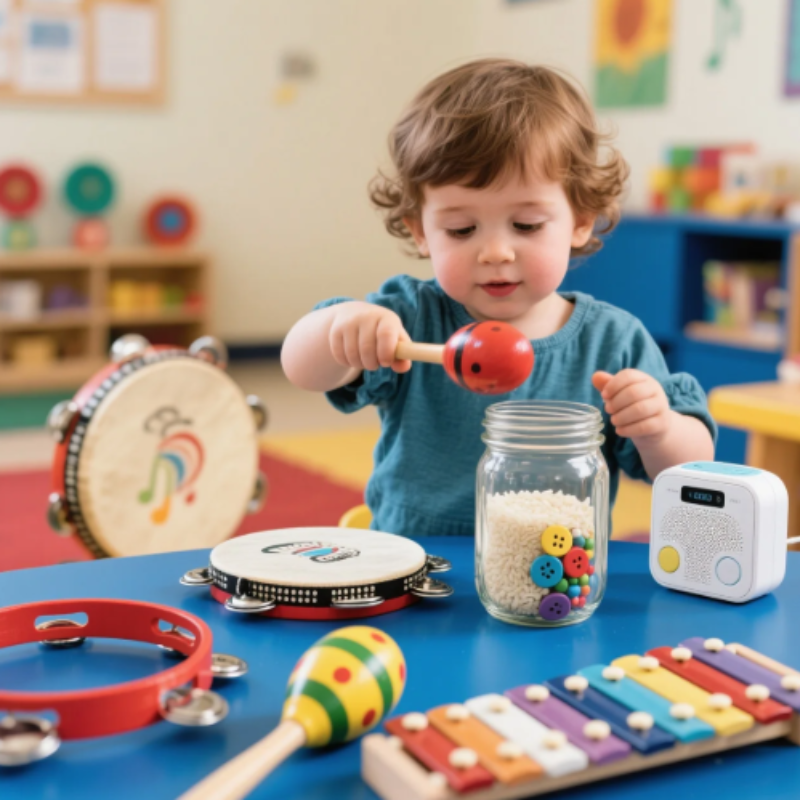You ask your 4-year-old to put on their shoes.
They look you straight in the eye and say,
“No.”
Then they run away giggling like a cartoon villain.
You take a breath, smile through your teeth, and wonder:
“Is this normal? Or is my child plotting a toddler revolution?”
Here’s the truth:
Yes. It’s normal. In fact, it’s developmentally healthy.
Your sweet, stubborn 4-year-old isn’t trying to make your life harder—they’re figuring out how to be their own little person in a big world. And that comes with some serious sass.
Let’s break down what’s really going on behind the “no’s,” the eye-rolls, and the refusals—and how to navigate it with confidence (and maybe a sense of humor).
🧠 What’s Going On in the 4-Year-Old Brain?
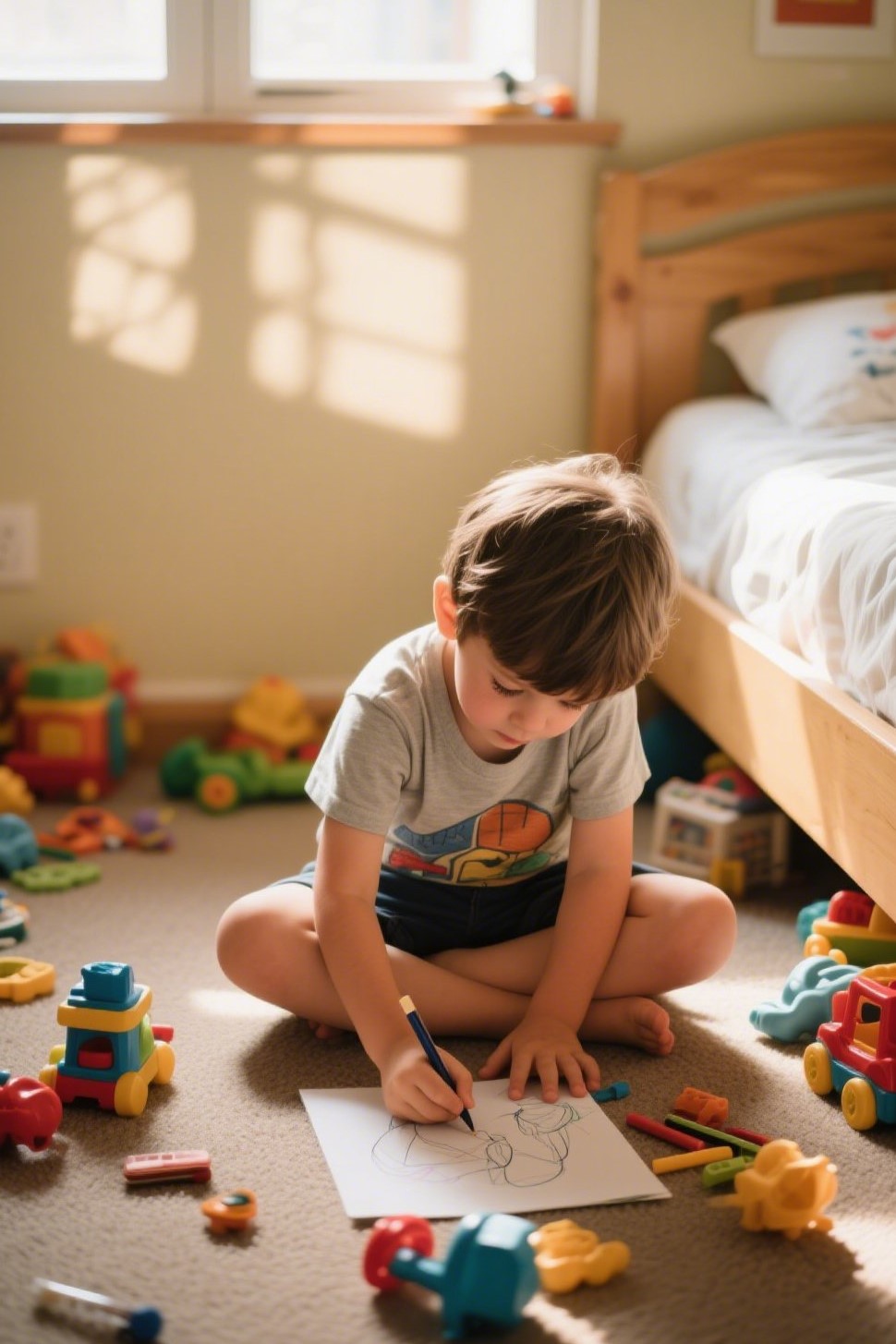
At age 4, your child is in the thick of emotional, cognitive, and social growth. Their imagination is blooming, their vocabulary is expanding, and—guess what else is growing?
Their desire for independence.
They’re learning:
- They can have different opinions from you
- They can say “no” and mean it
- They have power, even if they’re still tiny
This is the age of boundary testing, because that’s how they learn where the lines are. They’re asking—not with words, but with behavior:
“Do I have a voice?”
“Can I make choices?”
“What happens if I push back?”
Spoiler alert: You want your child to ask these questions.
It means they’re developing a sense of self.
😤 So… Defiance is Actually Development?

Yes! Defiance is a developmental milestone—not a character flaw.
It’s your child’s way of saying:
“I want to feel in control of my world—even if I still need your help to navigate it.”
They’re not trying to be bad. They’re trying to figure out how to be independent.
Of course, defiance can still test your patience. (You’re a parent, not a saint.) But once you realize it’s part of healthy growth, it’s easier to respond with guidance instead of grief.
🔥 Common Triggers for Defiance at Age 4:
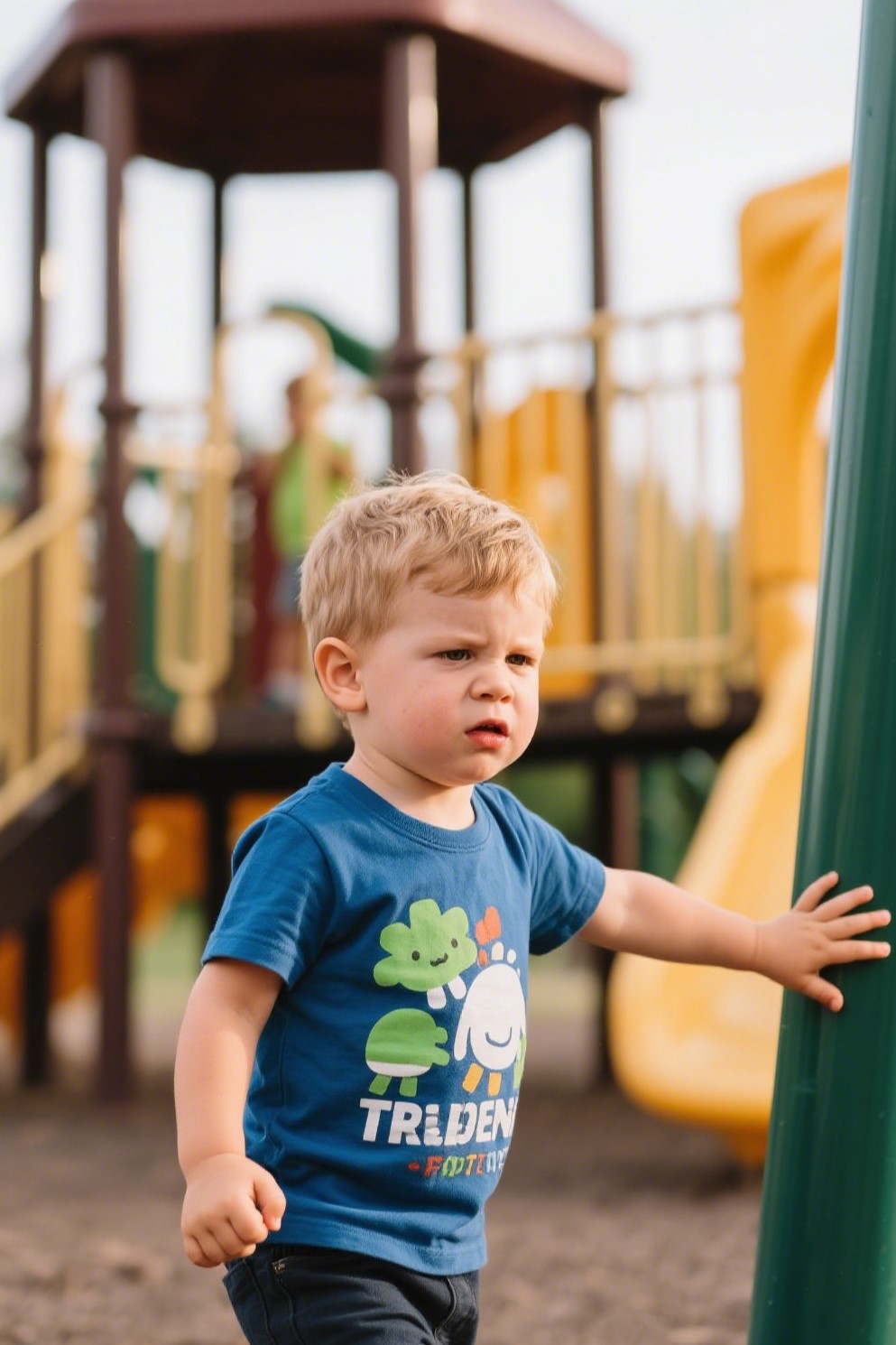
- Transitions (leaving the playground, turning off the TV)
- Feeling powerless or “bossed around”
- Testing limits to see what’s allowed
- Overstimulation or fatigue
- Big emotions without big coping skills
Sometimes, saying “no” is just your child’s way of expressing a need: control, attention, rest, or even connection.
🛠️ What You Can Do Instead of Just “Disciplining”
You don’t have to squash defiance—you can shape it.
✨ 1. Offer Choices
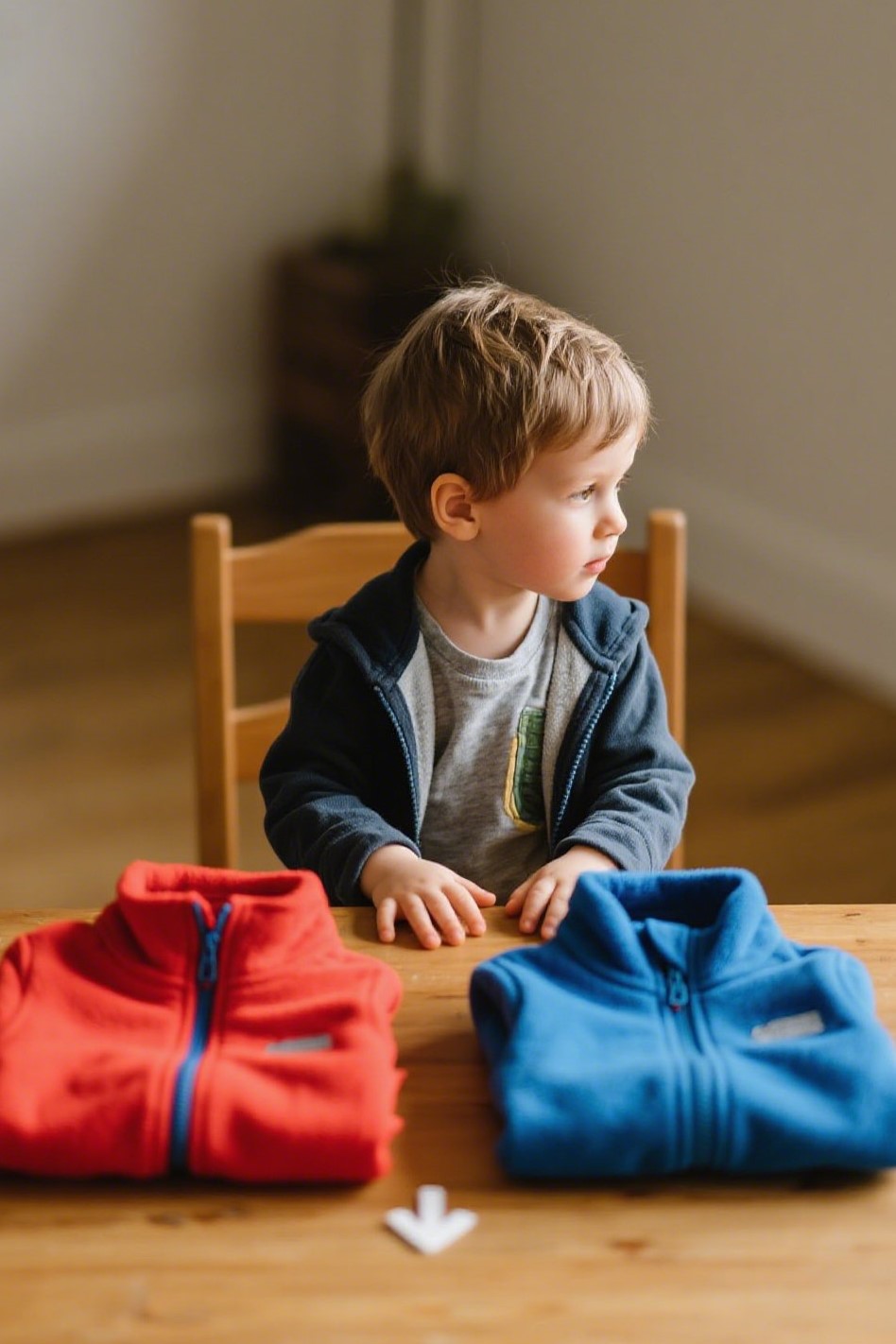
Turn commands into choices:
Instead of: “Put your jacket on now!”
Try: “Do you want to wear the red jacket or the blue one?”
Giving even small power makes a huge difference.
✨ 2. Set Clear, Calm Boundaries
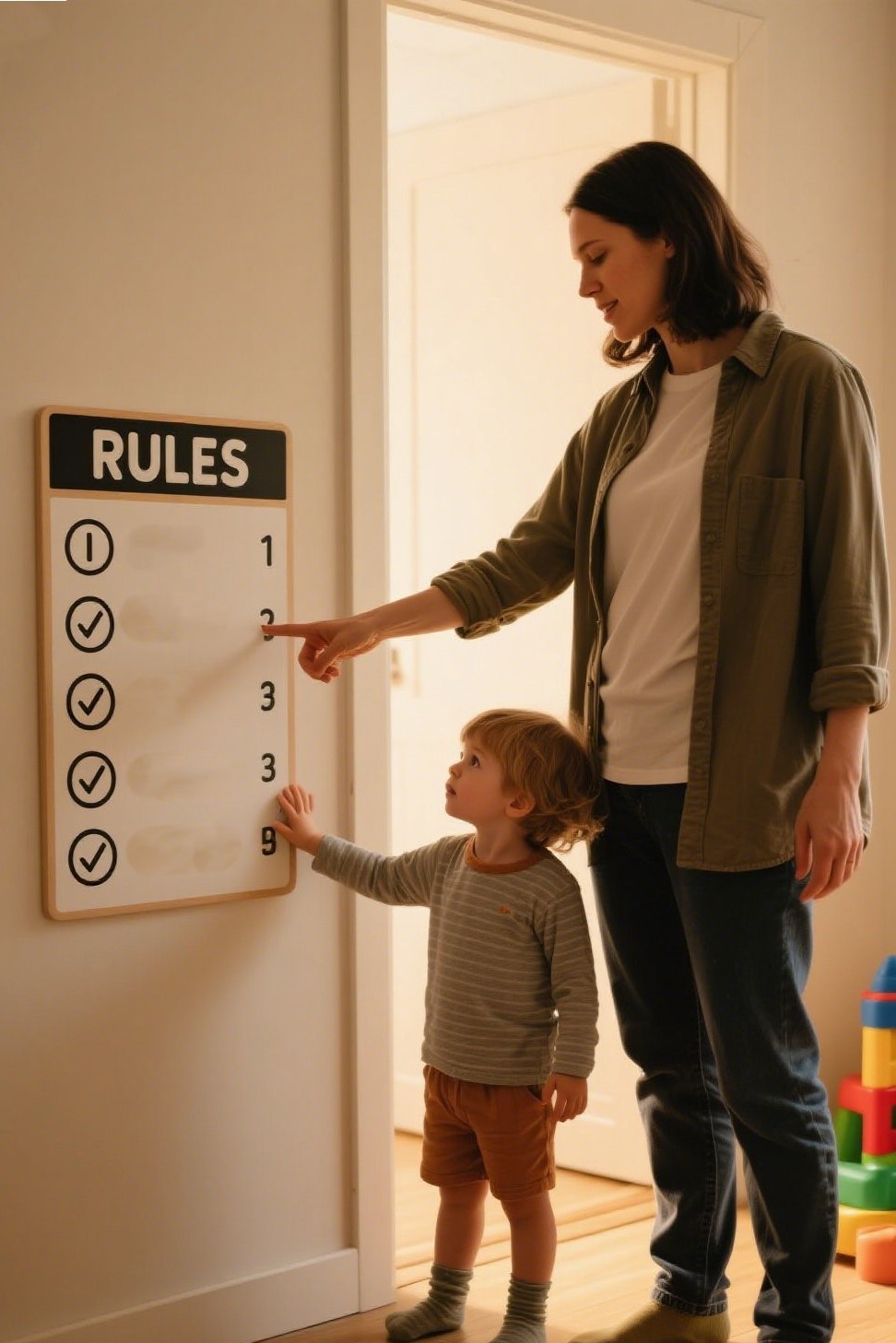
Stay firm, but gentle.
“I won’t let you hit. You’re angry, and I’m here to help.”
Boundaries with empathy teach emotional control better than yelling ever will.
✨ 3. Validate, Then Redirect

“You don’t want to clean up. That’s okay to feel. Let’s do it together like superheroes!”
When kids feel heard, they’re more likely to cooperate.
✨ 4. Use Humor and Imagination
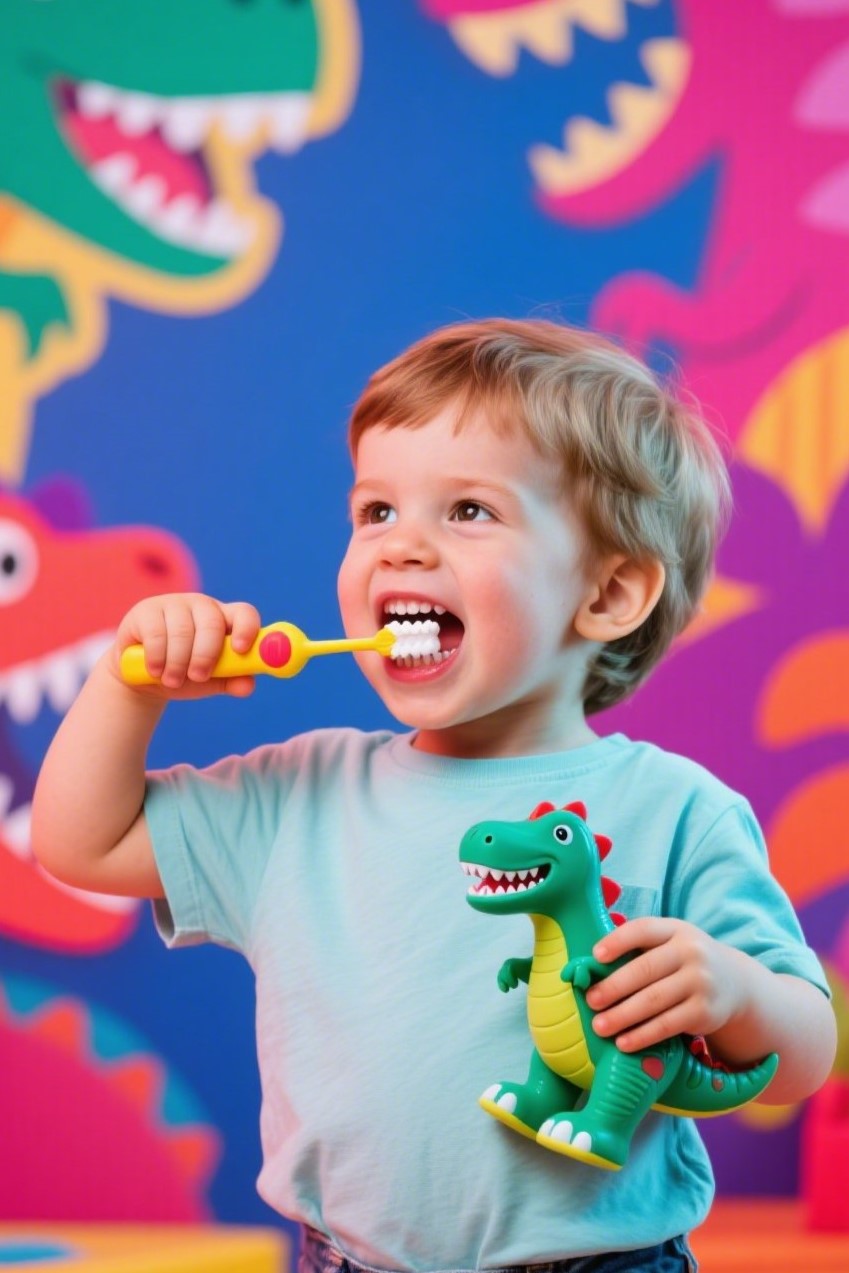
Defiance hates silliness.
Make brushing teeth a dinosaur challenge.
Make putting on socks a ninja mission.
You’ll be amazed how fast “no” turns into giggles.
✨ 5. Stay Regulated Yourself
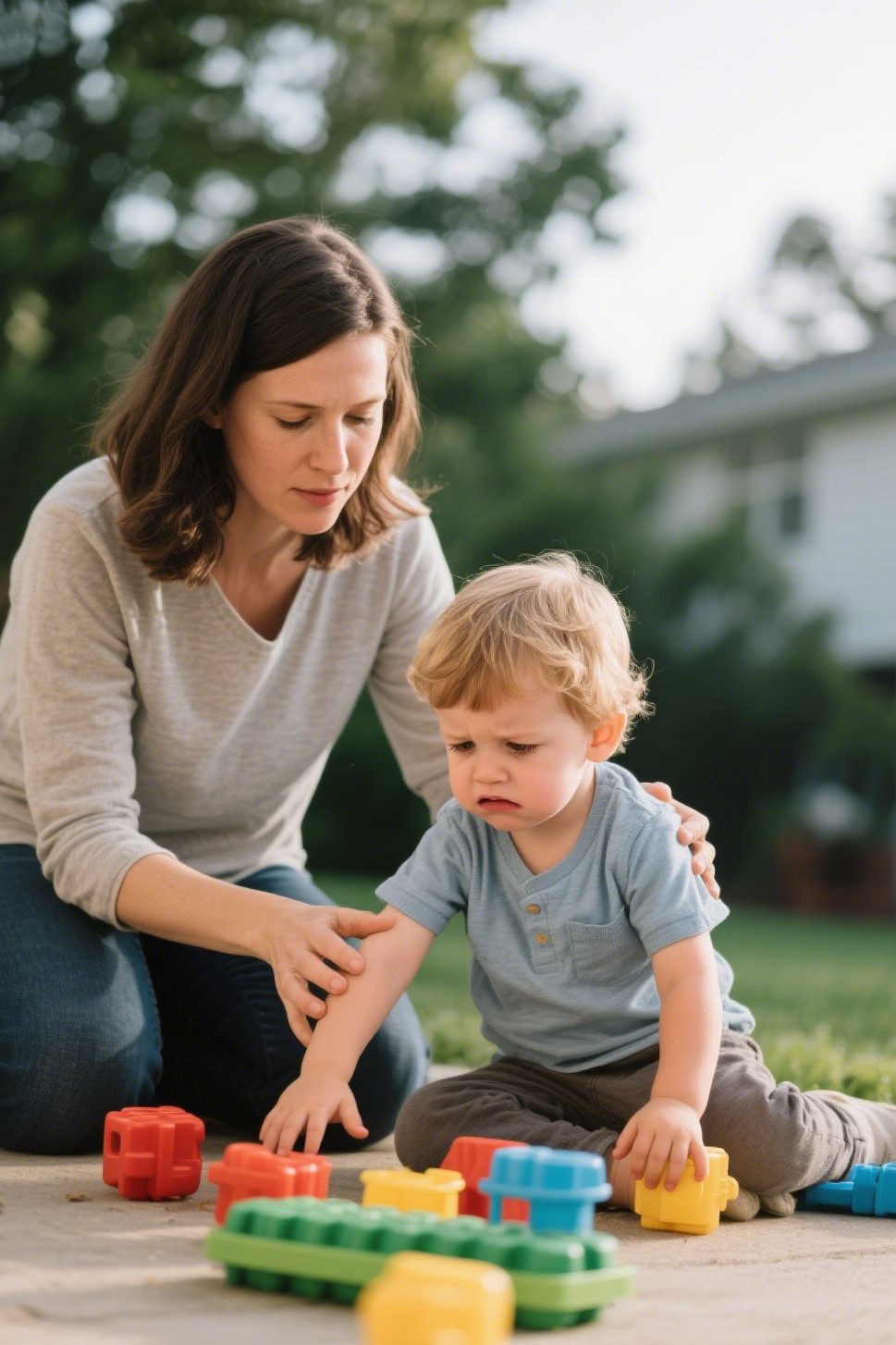
Your calm brain helps calm theirs.
When you respond to chaos with peace, you teach them how to handle frustration—not just with rules, but with resilience.
👏 What Defiance Teaches Your Child
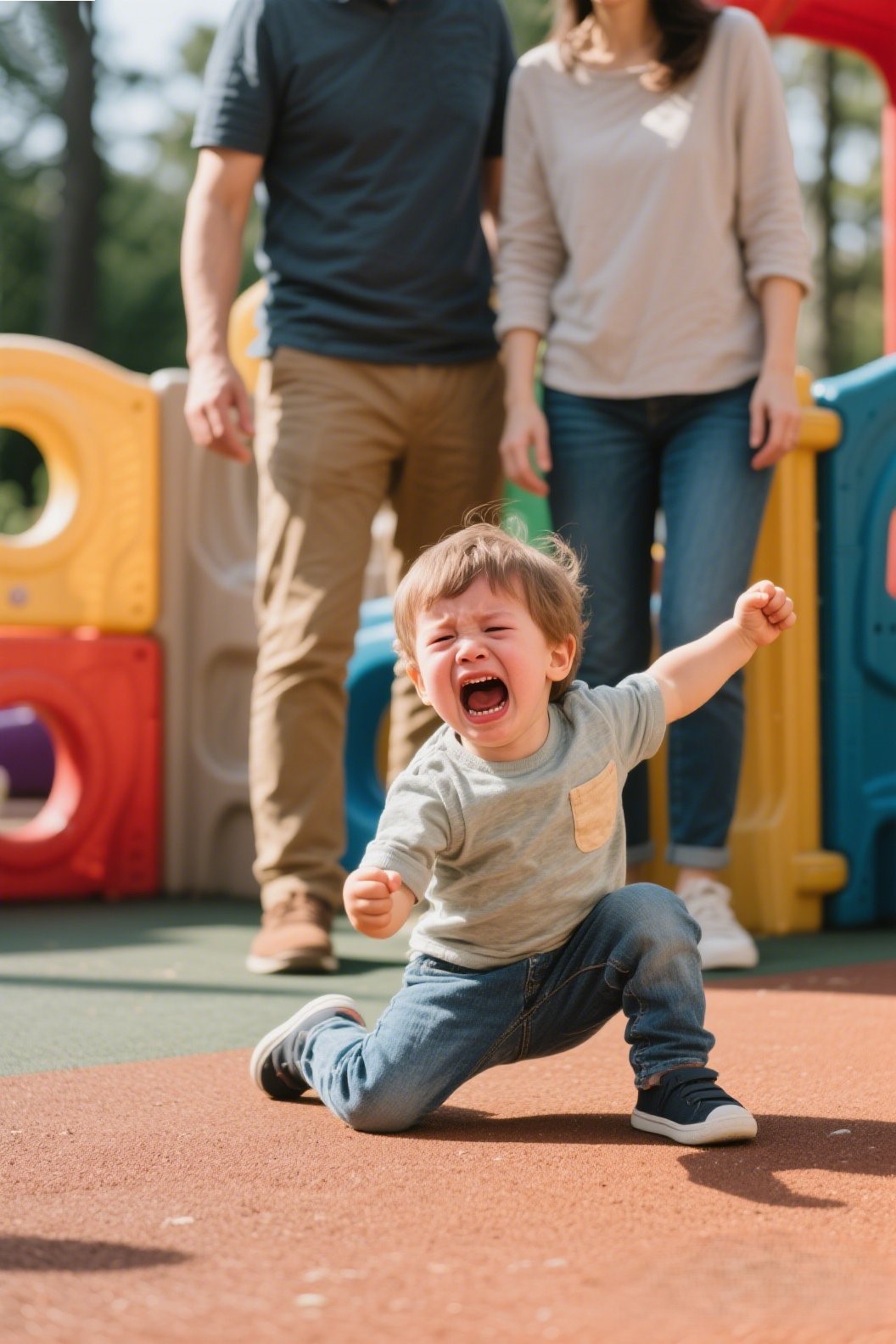
Believe it or not, this phase isn’t just about pushing back—it’s about building life skills like:
- Confidence
- Decision-making
- Assertiveness
- Self-awareness
Your 4-year-old is learning how to say “no” now, so one day they can say “no” to peer pressure, harmful behavior, or even injustice.
So yes, the defiance phase is exhausting.
But it’s also empowering. For both of you.
❤️ Final Thoughts: Raising a Strong-Willed, Big-Hearted Human
Is it normal for your 4-year-old to be defiant?
Yes. One hundred percent.
You are not failing. You are parenting a small person who is brave enough to be their own self—right in front of you.
So next time they cross their arms and shout “NO!”, take a breath and smile (even if it’s through gritted teeth). Because in the mess of defiance, you’re helping your child grow into a bold, kind, and capable human.
And that? That’s nothing short of incredible.




